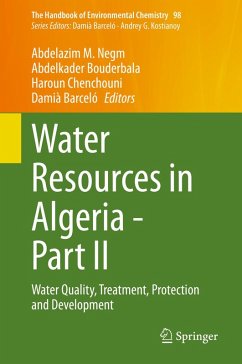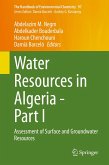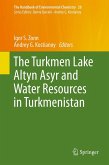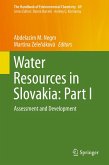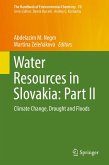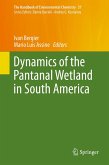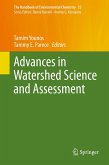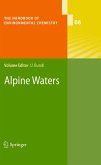This book reviews the latest water quality protection and water resources development strategies in Algeria. It covers topics such as the assessment and prediction of water quality, salt-water intrusion, treatment of wastewater for reuse, and desalination as an alternative source of water. The methods presented in this book can also be applied in other regions with similar climate conditions.
Together with the companion volume Water Resources in Algeria - Part I: Assessment of Surface and Groundwater Resources, this book provides researchers with essential reference material on tools and techniques for water quality assessment, treatment, reuse, desalination, protection, and development, and offers a valuable resource for engineers, graduate students and policymakers who are interested in sustainable water resources.
Together with the companion volume Water Resources in Algeria - Part I: Assessment of Surface and Groundwater Resources, this book provides researchers with essential reference material on tools and techniques for water quality assessment, treatment, reuse, desalination, protection, and development, and offers a valuable resource for engineers, graduate students and policymakers who are interested in sustainable water resources.
Dieser Download kann aus rechtlichen Gründen nur mit Rechnungsadresse in A, B, BG, CY, CZ, D, DK, EW, E, FIN, F, GR, HR, H, IRL, I, LT, L, LR, M, NL, PL, P, R, S, SLO, SK ausgeliefert werden.

